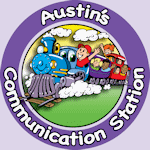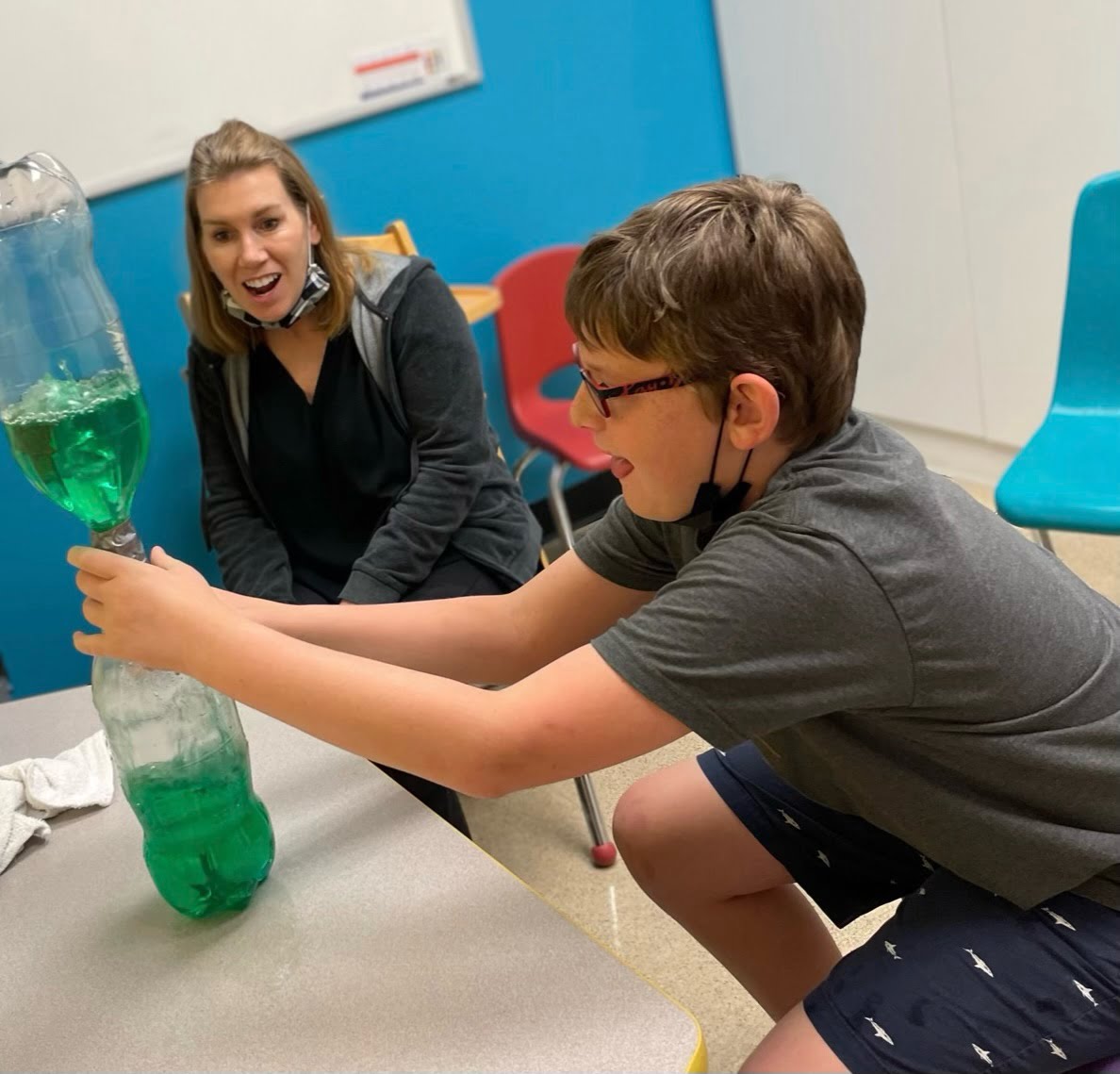Executive Functioning Therapy
Executive Functioning is an incredibly important set of skills all of us use every single day! It combines motor, sensory, communication, regulation, and cognitive skills to help us navigate our lives. Beginning at a very young age, we apply the combination of these skills to daily activities and situations, such as playing, learning, helping others, problem solving, emotional regulation, and socializing.
Executive function is about functional skills that help us with daily routines, schoolwork, friendships, self-regulation, working, playing etc. This is how we take what we know and find practical and important ways to use those skills. Using information that we’ve learned to solve novel problems is an important use of executive function skills. Some activities that executive function skills help with include reading and applying what you learn, time management, cleaning your room, working with a group, finishing a project, asking for help when you need it, getting along with people even when you are upset, keeping your backpack or space organized, completing schoolwork and homework, etc.
Some common activities where children have to practice utilizing self-control include raising their hand in class, waiting in line or waiting for something to be given to them, doing work undistracted, controlling impulses, sharing toys without issue, refraining from blurting out and/or using inappropriate language, getting along with people even when they are upset, etc.
There are many areas of executive functioning, three of them are:
Working Memory
Working memory involves the ability to actively keep information in your mind for a short period of time (2-3 seconds) to then use for further processing.
Some common activities where children use working memory are following the directions of a game, doing mental math, completing chores in order, remembering story details etc.
Self-Control
Self-Control is the ability to think about what to do before doing it, with control over our actions and reactions.
Children have to practice self-control when waiting, engaging in non-preferred activities, resisting distractions, controlling impulsive behaviors, sharing items with others, managing big feelings, etc.
Mental Flexibility
Mental flexibility, the ability to switch between multiple subjects, is a crucial skill set that enables children to participate in play, social, and learning environments.
Some common activities where mental flexibility is necessary include problem solving, working with others, having conversations, going new places, dealing with change, transitioning between environments, or trying new things.
Does your child demonstrate difficulties with any of the following… ?
- Waiting in line or waiting for something to happen
- Needing frequent reminders to complete routine tasks
- Having hard time following directions
- Struggling with shifting from one activity to another
- Struggling with putting items or schoolwork in the correct place or finding missing things
- Remembering homework, assignments, due dates, and turning assignments in
- Cleaning his or her room or completing chores
- Time management
- Transitioning between places or activities
- Knowing where to start when given a task
- Long-term task planning such as completing a school project or completing a sequence of tasks
- Making decisions
- Going to a new place
- Regulating emotions when experiencing difficult tasks or changes in routine
- Having big reactions to relatively small problems

